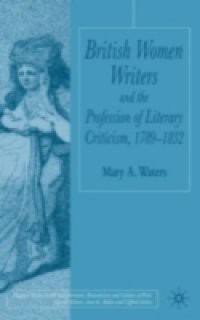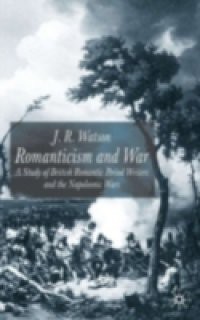Proposing a new model for the history and development of literary criticism in England, British Women Writers and the Profession of Literary Criticism, 1789-1832 argues that while British literary culture became increasingly commercial and middle-class, women literary critics found unprecedented opportunities for professionalism and public authority. Professional literary criticism allowed these women writers to influence issues of national concern - morality, both public and private, the nation's cultural heritage, the essential qualities of Britishness itself. Romantic-era women critics demonstrate a sophisticated understanding of the constructed and contested nature of aesthetics and the role of aesthetics in shaping the culture at large. They show lively interest in the relationship between the author, the authorial persona and the reading audience. Underscoring the collaborative nature of literary production, the book engages debates about British Romantic period professionalism, the dynamics of print culture, the nascent consciousness of a reading public, nationalism, and the literary canon while establishing the existence of conscious professionalism among Romantic-era women writers.

















